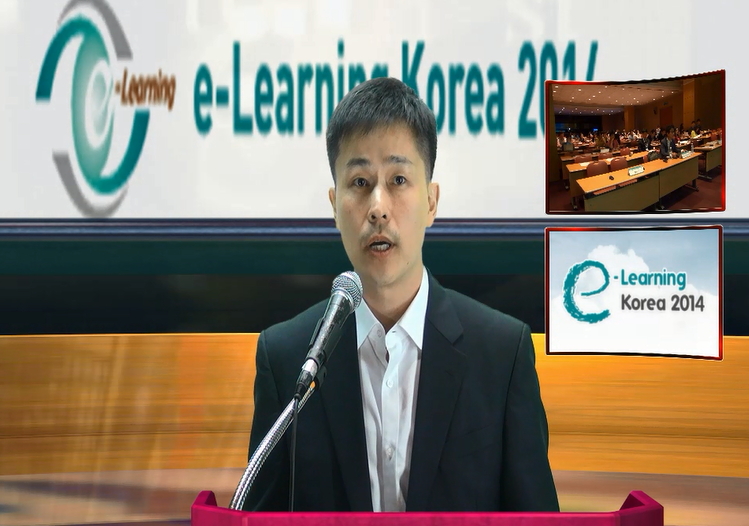This paper aims to examine the interrelationship between colonial cultural strategy of the Japanese Government General of Korea and the case of reality of new-style novels focused on Lee Haejo. For this, we were to understand one aspect of the colonia...
http://chineseinput.net/에서 pinyin(병음)방식으로 중국어를 변환할 수 있습니다.
변환된 중국어를 복사하여 사용하시면 됩니다.
- 中文 을 입력하시려면 zhongwen을 입력하시고 space를누르시면됩니다.
- 北京 을 입력하시려면 beijing을 입력하시고 space를 누르시면 됩니다.

식민지 문화전략과 복고의 식민성 ; 이해조를 중심으로 = Paper : Colonial cultural strategy and colonialism of revivalism ; focused on Lee Hae-jo
한글로보기https://www.riss.kr/link?id=A60227392
- 저자
- 발행기관
- 학술지명
- 권호사항
-
발행연도
2012
-
작성언어
-
-
주제어
이해조 ; 이인직 ; 도쿠토미 소호 ; 나카무라 겐타로 ; 『매일신보』 ; 식민지 문화전략 ; 사실성 ; 복고주의 ; Lee Haejo ; Tokutomi Soho ; Nakamura Kentaro ; 『Mailsinbo』 ; Colonial cultural strategy ; Reality ; Revivalism
-
KDC
800
-
등재정보
KCI등재
-
자료형태
학술저널
- 발행기관 URL
-
수록면
125-155(31쪽)
- 제공처
-
0
상세조회 -
0
다운로드
부가정보
다국어 초록 (Multilingual Abstract)
This paper aims to examine the interrelationship between colonial cultural strategy of the Japanese Government General of Korea and the case of reality of new-style novels focused on Lee Haejo. For this, we were to understand one aspect of the colonial cultural strategy through the directory of 『Mailsinbo』, Tokutomi Soho and the auditor, Nakamura Kentaro. Tokutomi Soho pursued literature of awakening the world which coincided with a direction proposed by 「Chosun Tongchi Yoeui」, and it is thought that as Nakamura Kentaro held real power of operating and editing who had inspected Korean newspapers even before Korea-Japan Annexation, he realized what had been designed before. Works of Lee Haejo who kept publishing novels serially in 『Mailsinbo』 right from the Korea-Japan Annexation are differentiated from works in 1900s in that they pursued sentimentalism and revivalism. The sentimentalism which urged Koreans to repent and reflect on themselves is combined with revivalism by proposing passive Confucian ethics as a way of salvation. Lee Haejo`s adaption of Korean old novels can be understood in the same context as revivalism of Ecriture pursued by 『Mailsinbo』 and 『Sinmungye』 etc. Popularity of the new novels was based on this sentimentalism and revivalism, and in particular, the colonial nature of sentimentalism is continued also in adapted novels of 『Mailsinbo』.
동일학술지(권/호) 다른 논문
-
신소설과 철도의 표상 ; 이인직과 이해조의 소설을 중심으로
- 민족문학사학회·민족문학사연구소
- 김동식 ( Dong Shik Kim )
- 2012
- KCI등재
-
- 민족문학사학회·민족문학사연구소
- 박정희 ( Jung Hee Park )
- 2012
- KCI등재
-
이효석을 다시 보자 ; 식민지 조선에서 태어난 자유로운 예술지상주의자
- 민족문학사학회·민족문학사연구소
- 이현식 ( Hyun Shik Yi )
- 2012
- KCI등재
-
사회주의 문화 담론과 프로문학 ; 신경향파 문학 탄생의 주변(1920~1923)
- 민족문학사학회·민족문학사연구소
- 최병구 ( Byoung Goo Choi )
- 2012
- KCI등재




 KISS
KISS






